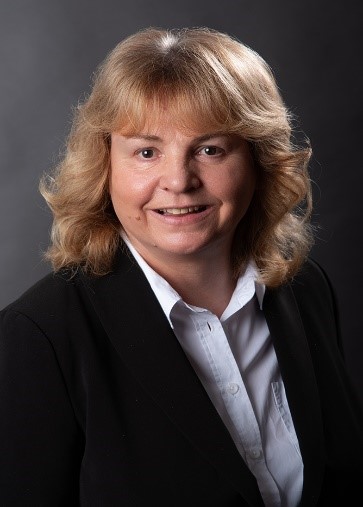Impact of a Professional Learning Community on the Professional Development of Teacher Educators in Myanmar
DOI:
https://doi.org/10.3311/ope.627Absztrakt
Professional learning communities provide ongoing professional development for teachers, where they become learning leaders and actively participate in school improvement. Continuing professional development (CPD) is vital in improving educational outcomes, as its importance has been proven over the years. This article explores the need for professional development of teacher educators in Myanmar and the utility of professional learning communities in improving teacher quality. This study aims to explore a comprehensive understanding of professional learning communities to support the professional development of teacher educators in improving the quality of education. The research questions are: (1) What are teacher educators' perceptions of PLCs' influence on their professional development? (2) Are there any variations in the teacher educator's professional development in professional learning communities regarding their factors? (3) Is there any significant relationship between professional learning communities and the professional development of teacher educators? Quantitative research methods were used in this study. Survey data were collected from 70 participants (teacher trainers) from seven Education Colleges. The analysis shows that when done well, professional learning communities can impact teacher quality. Some research suggests that teacher professional development is closely related to teacher professional skills and school improvement. The collective learning process helps teachers understand the subject better and broadens their knowledge base. This will help improve student performance and school quality in the future. Teachers' professional development in PLCs were similar based on their position and teaching service as teacher educators. However, teachers were significantly different regarding their age and educational qualifications. In this study, teachers had a high level of collective efficacy. There were significant differences among teachers based on their teaching age, position and educational qualification. Lack of time, teacher accountability, leadership skills, and the negative attitudes of participating teachers were the most frequently cited challenges in implementing PLCs. As a result, educators and stakeholders can use these findings to implement professional learning communities.##submission.downloads##
Megjelent
2024-07-15
Folyóirat szám
Rovat
Consciousness



